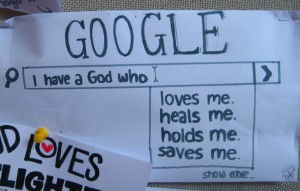
It’s summer job hunt season. As a new batch of college grads looks for every edge on the market, sociologists have found a surprising barrier to getting hired: your religion. Vox and The Washington Post both picked up new research from Michael Wallace, Bradley R. E. Wright, and Allen Hyde, in which the authors distributed 3,200 resumes for job applications around two major southern U.S. cities (a follow up to earlier work in New England). The resumes were designed to look like those of recent college graduates, and they were essentially identical except for the applicants’ membership in a particular campus religious group. The authors found that putting any kind of religious affiliation on a resume reduced the chances that an applicant would receive a call back. From Vox:
Wallace said he thinks the US has a “schizophrenic attitude” when it comes to religion. “On the one hand, we have a high tolerance of religious freedom and diversity, people are free to practice whatever religion they want,” he told me in an interview. “On the other hand, there are certain boundaries on where it can be practiced.”
While including a religious affiliation did reduce call backs across the board, not every religious group faced the same barriers. Who faced the most hiring discrimination? According to the authors’ article:
In general, Muslims, pagans, and atheists suffered the highest levels of discriminatory treatment from employers, a fictitious religious group and Catholics experienced moderate levels, evangelical Christians encountered little, and Jews received no discernible discrimination.
These findings are consistent with other research and polling efforts to capture Islamophobia and anti-atheist attitudes in the United States, and they show that while employers may not enjoy religion in the workplace, we should also be concerned about which religious groups they will tolerate.

Comments 2
Grig Woods — February 23, 2021
cool
Kate — February 11, 2024
In fact, it is necessary to be able to indicate this kind of data correctly. The first step is to interest the employer by highlighting your best qualities. Here https://www.gotresumebuilder.com/sample-resume-generator you can create an example of how to write a resume that will at least get you an interview, and at maximum help you get your dream job!